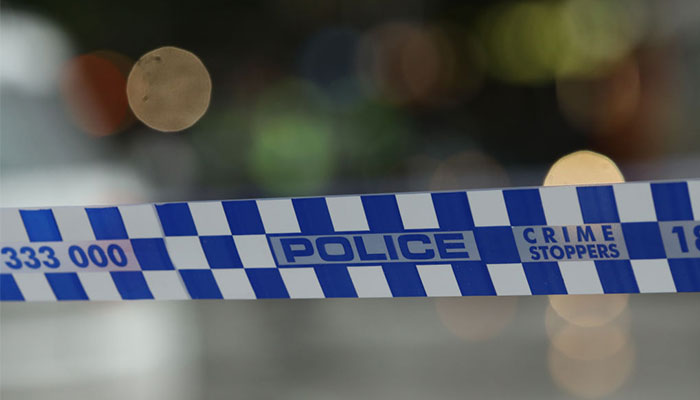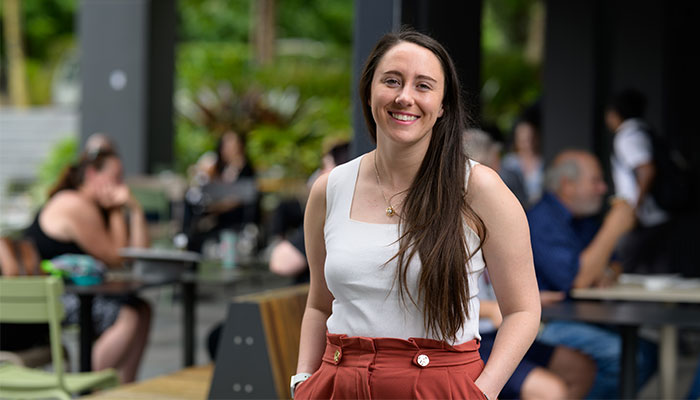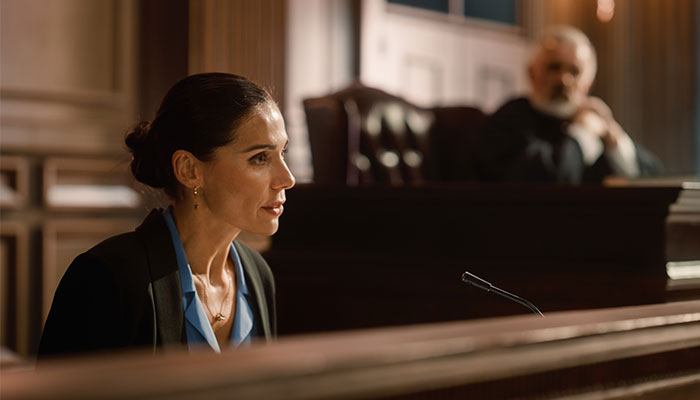Creating, storing, and retrieving memories is a complex process, and one that can easily be disrupted by external factors.

There are three key stages of memory: the inputs that form the memory, the point at which it passes from short to long-term storage, and the point at which it is retrieved.
My research focuses on the inputs, or what is happening at the time a crime occurs, and whether witnesses are distracted by focusing their attention on something else.
Point of focus is the key
Memories are based on what the person sees and hears, and this is affected by point-of-view and focus. Activities like talking on the phone or supervising a child reduce how much you notice around you, which can be crucial if you are called to give evidence after a crime.
In Boston in 1995, police were called to a murder scene in a park one night. Several units arrived, including two uniformed officers and one in plain clothes. Mistaking their plain clothed colleague for the offender, the uniformed officers attempted to arrest him, assaulting him in the process. A fourth officer, Kenneth Conley, was chasing the actual offender, and ran past but said he did not see an assault take place.
A jury did not believe this was possible, and Conley was found guilty of obstruction of justice and perjury. After a lengthy appeal process, he was finally exonerated in 2005.
To test whether it was possible that he could have missed the assault, psychology researchers conducted a study where they asked participants to jog along a path and focus on staying a set distance behind the person in front of them.
When a mock assault was staged just off the path, nearly 50 per cent of people did not notice it.
This is inattentional blindness, which is the failure to notice something unexpected right in front of you because your focus is elsewhere.
I have conducted similar experiments, asking people to watch a video and concentrate on a specific aspect, such as a swimmer doing laps in a pool. Partway through, an unexpected (mock) assault takes place, and up to 65 per cent do not notice it because they are focused on their task.
Another phenomenon that affects what we notice and remember is known as the weapon effect. The use of a gun or knife in a crime impacts what witnesses can remember, as they focus on the weapon at the expense of other important details – such as what the person holding the weapon looked like.
The influence of others
Even if we do notice enough for a memory to be formed, it isn’t set in stone.
Factors such as who we talk to and how we are questioned can affect what we remember, potentially corrupting memories we have had for minutes or even years.

Memories: Dr Hayley Cullen says the first 30 minutes after witnessing a crime or an accident is crucial for how much bystanders remember accurately.
When we recall something, who we are with at the time affects what we remember. If that person also has a memory of the event, we may subconsciously add their details to our own recollections, whether it is a trip to the zoo or a crime you have both witnessed.
For example, hearing someone else say the offender was wearing a different coloured shirt can make you doubt your memory or even alter it completely without being aware of it.
For this reason, it is not in your interests to go over the details of the case with other witnesses or read about it in the media.
Being a good witness
The half-hour immediately after an event is crucial to what is retained.
If you witness a crime or accident, separate yourself from other bystanders immediately, and write down everything you can remember. This will help you to be as accurate as possible, but also to commit the details to memory.
The quality of police interviewing also has a significant influence on the quality of the information a witness provides.
If the interviewing officers ask leading or closed questions, it can easily elicit incorrect information.

For example, if questioned in a certain way, the people in my study who had not seen the mock assault occur still answered questions on the incident. Possible reasons for this include a desire to be helpful, or that what they remembered had already been corrupted.
On the flip side, if an interviewer asks open-ended questions and builds good rapport with the witness can it ensure a more accurate and detailed statement.
Current best practice for questioning witnesses uses these constructive methods in a process known as the Cognitive Interview. I am currently working on several research projects surrounding eyewitness accounts, recall and inattentional blindness, with the goal of developing procedures to reduce eyewitness error.
Dr Hayley Cullen is a researcher at the Macquarie University Performance and Expertise Research Centre, and a lecturer in the University’s School of Psychological Sciences.







